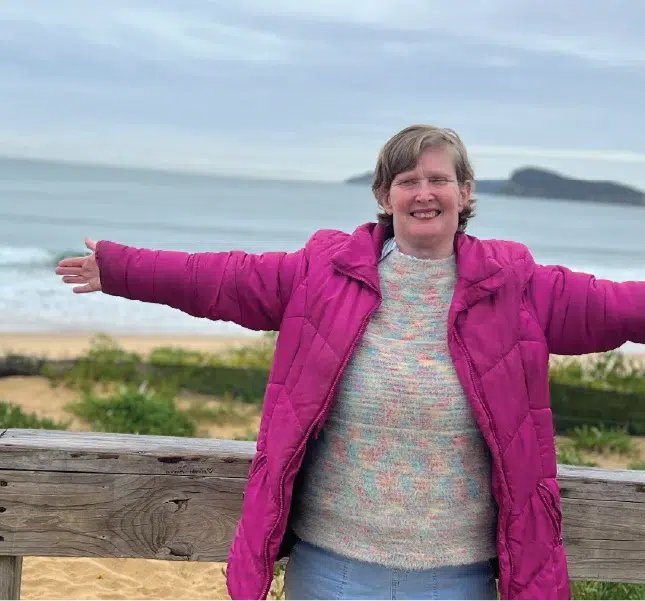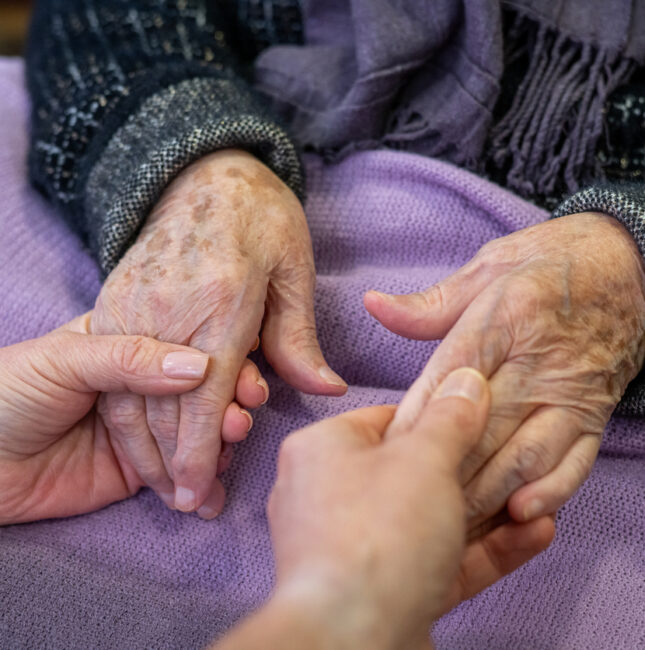Counselling helps Prisha recognise coercive control
April 20, 2023
“We had the privilege of supporting Prisha, aged 28 through her journey after receiving a referral from CatholicCare’s Family Connect and Support team,” says CatholicCare Counsellor Michele. “Prisha was born in India and her family still reside there. Prisha’s marriage had been arranged by her family and she moved to Australia with her husband after he received a job here in 2018. Prisha was already socially isolated through her circumstances but in addition to this, was not allowed to work or leave the house to meet new people. Prisha’s husband controlled all of their finances and would do the grocery shopping himself each week to ensure that he knew exactly what was being spent.”
Soon after Prisha arrived in Australia she became pregnant with their first child and through the midwife program, she was referred to CatholicCare. As she was unable to leave the house, Prisha accessed counselling through telehealth phone calls when her husband left for work.
“We explored Prisha’s situation from many different angles including the cultural expectations of her family, her loneliness, her fears regarding pregnancy and birth and her grief at the hopelessness she was feeling about her life,” Michele says.
We helped Prisha identify that she was living under coercive control, and over time she began to open up about her situation. “Prisha acknowledged for herself the impact of this relationship on her mental health and the impact it was having on her developing baby,” says Michele. “With Prisha’s permission, a referral was made to a women’s refuge and a Case Manager worked with Prisha on a plan to leave this relationship. There were many hurdles that Prisha faced over the months following, including overcoming immigration, financial, housing and family law issues. Despite the hurdles, she consistently attended counselling sessions where she processed the many emotions associated with leaving this relationship and facing an unknown future alone in a foreign country.”
Today, Prisha and her daughter live in a social housing apartment block where there are other women and children. Prisha is studying to be an accountant and spends her free time scrapbooking and making art. One of her artworks is proudly displayed in one of CatholicCare’s Family Centres with the following message aptly inscribed on it: “Big things often have small beginnings.”
Prisha’s story is not uncommon. “Often we see clients who are in crisis,” Michele says. “In every situation, we meet the client where they are at and journey with them through a safe and non-judgemental lens.”
More news stories like this one
Sarah blossoms at Clarke Road
Find out how the Click & Connect group at the Disability Hub Waitara boosted Sarah's confidence and tech skills over time.
Read MoreIntroducing Crossroad Companions end of life service
When you receive a terminal diagnosis, life can suddenly feel uncertain and overwhelming. Questions arise, roles change, and you may find yourself moving from one medical team to the next. We're here to help.
Read MoreWorld Day of Social Justice – injustice isn’t accidental
World Day of Social Justice isn’t about slogans or good intentions. It’s about facing an uncomfortable truth - the systems we live within do not work equally for everyone, and pretending otherwise costs people their dignity, safety and hope.
Read More


